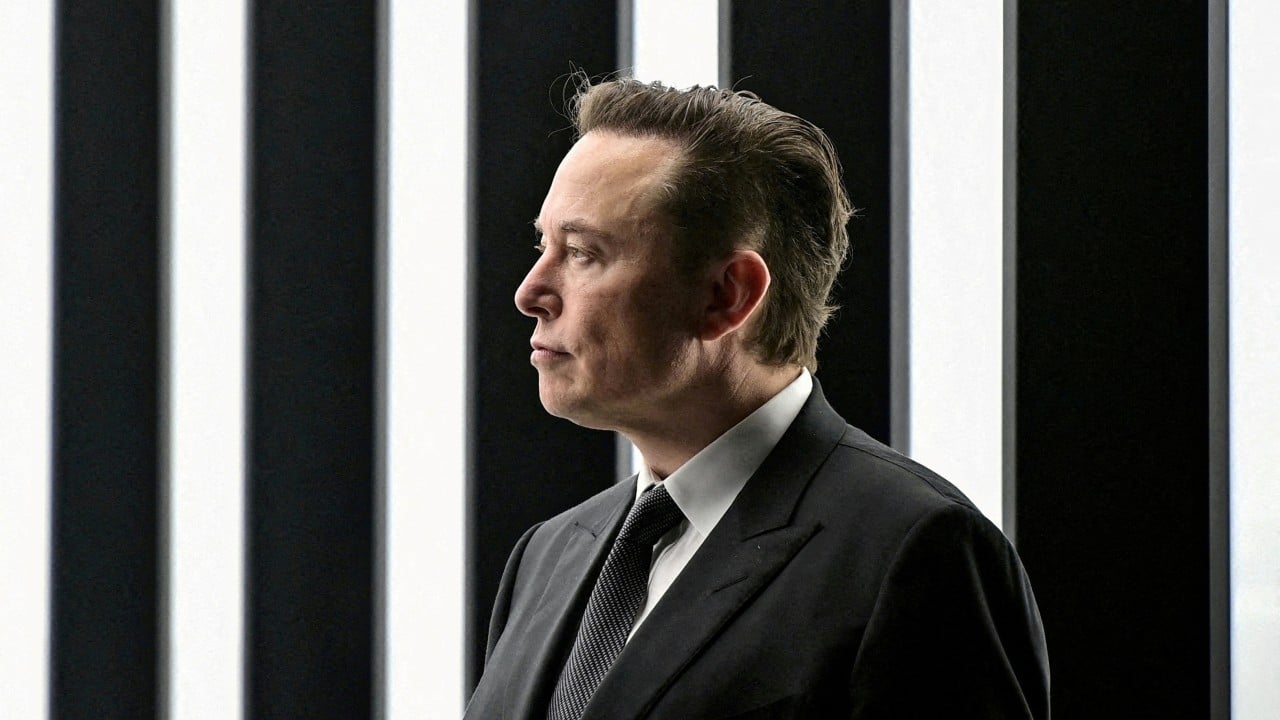If Elon Musk’s 2018 battle for a US$56 billion payday seemed surreal to most average people, then the Tesla board’s proposal to offer him US$1 trillion over the coming decade is nothing short of eye-popping.
Advertisement
But Musk’s temerity sits at the heart of an unresolved corporate conundrum amplified by the extraordinary stock market bubble inflating in the United States: to what extent should an individual CEO take credit for a company’s success and thus reap the bulk of its financial rewards, rather than the collective efforts of a wider executive team and the creative inputs of a broader workforce?
The AFL-CIO, the US’ largest labour union, has pointed out that the average annual package for American CEOs is US$18.9 million, some 285 times more than the median worker salary of US$49,500.
In in the UK, according to the High Pay Centre, the gulf between CEO pay and median salaries is a less egregious 52:1, but according to Alexander Pepper, emeritus professor of management practice at the London School of Economics, even this amounts to “an important ethical problem”. He says current efforts to reward top management appropriately amount to “a mad, bad system, and it needs to change”.
Whether Pepper is right or wrong, the Tesla board is unapologetic for Musk’s proposed pay package, which will be put to shareholders on November 6. Tesla chairman Robyn Denholm told the Financial Times that Musk was a “unique” chief executive who must put in superhuman effort to achieve “impossible things” to receive the historic award.
Advertisement
“In order to achieve the aspirational goals that we have put in place, he will have to put in time, energy and effort beyond what most humans can do,” she said. “The board’s opportunity here is to motivate Elon to do impossible things.”

